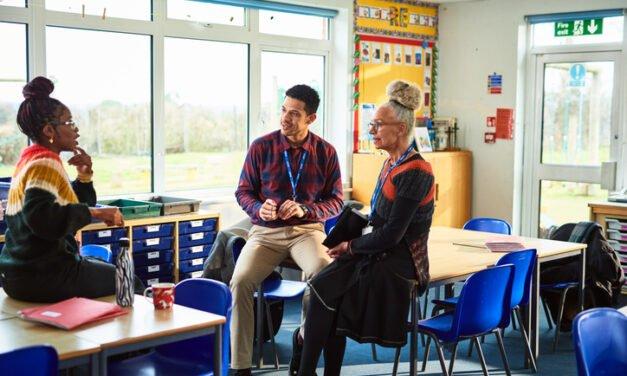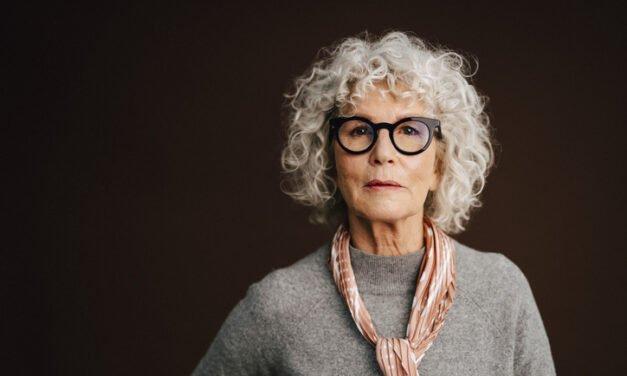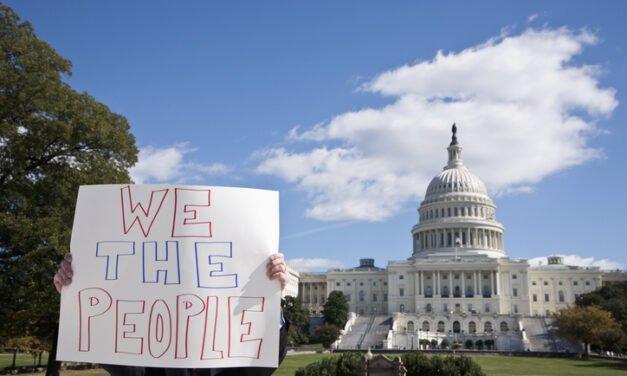The Buzz: The Unspoken Mental Health Concerns of Our Black Health Care Professionals
May is Mental Health Awareness Month. In recent years, the focus on improving mental health within our general population has been an ongoing effort as mental health crises continue to rise post-pandemic. Some experts indicate that in 2022, about 59.3 million U.S. adults reportedly experienced some form of a mental health condition.
Read More


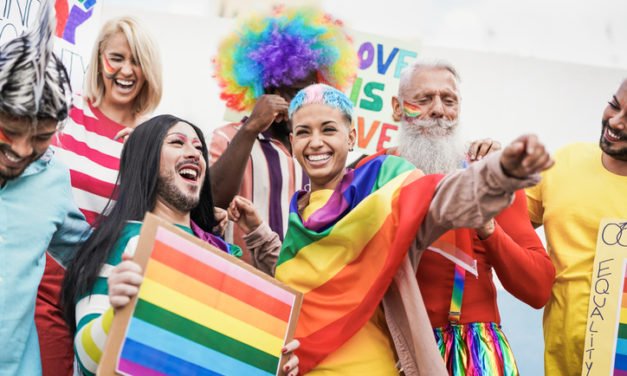
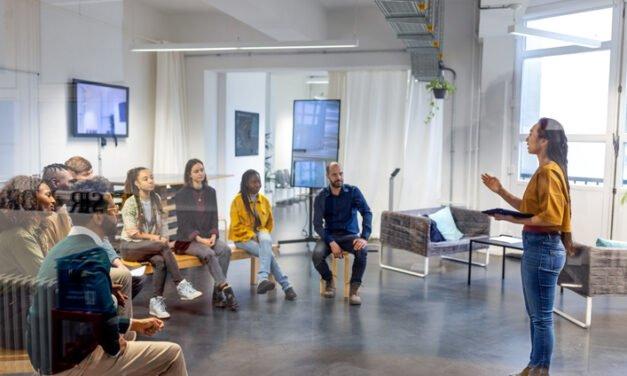
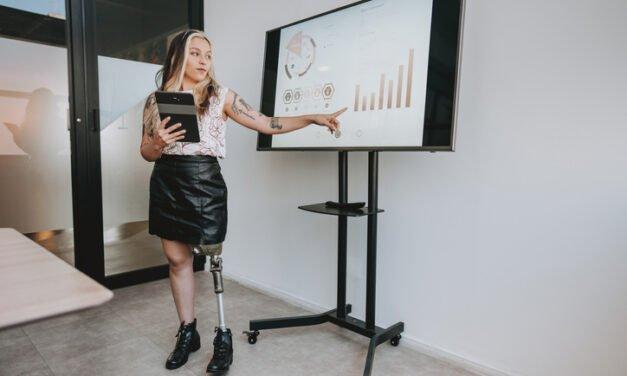
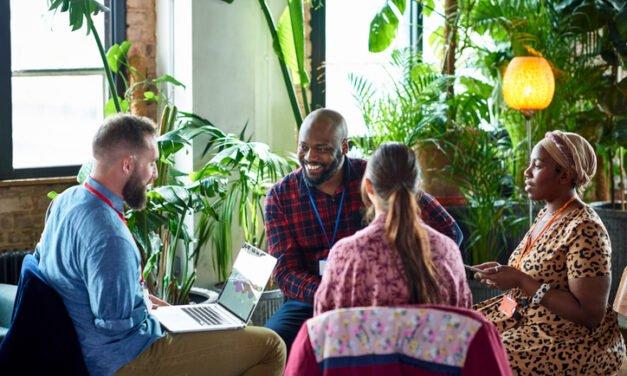
![The Buzz: The [Black] Dolls Are in Town](https://theinclusionsolution.me/wp-content/uploads/2024/04/Young-Black-girl-with-Black-baby-doll-627x376.jpg)
